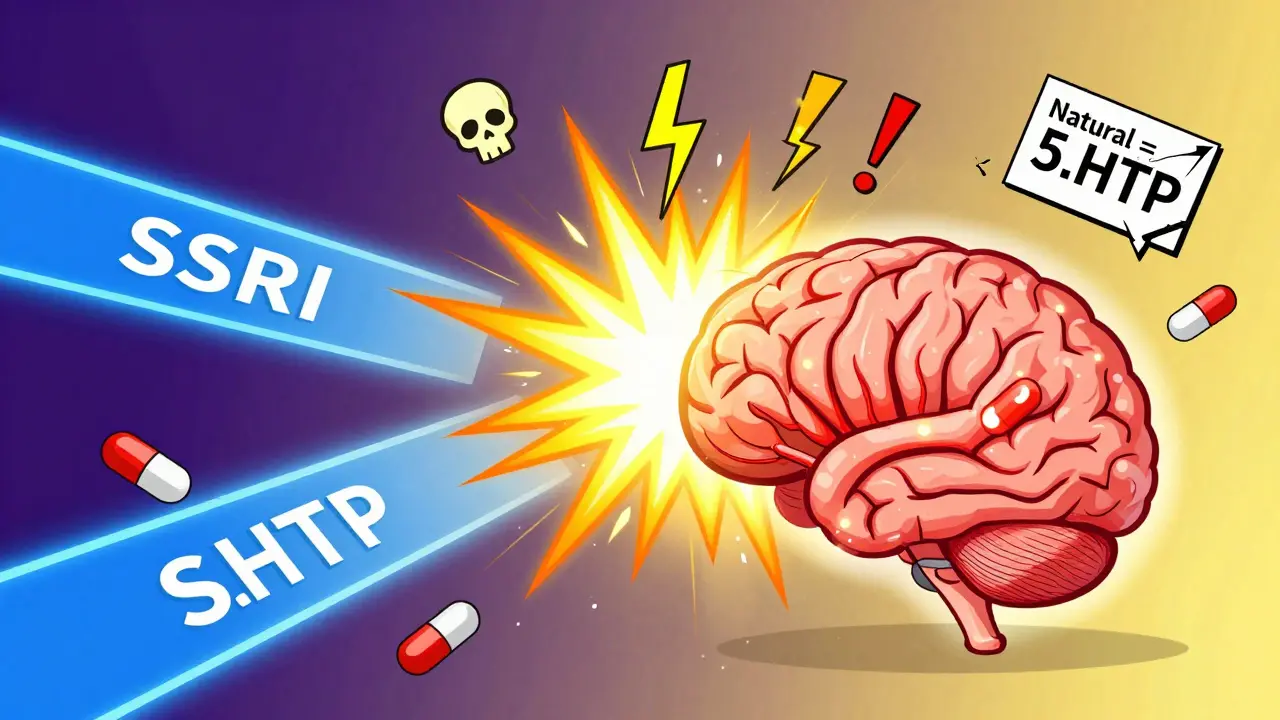Mental Health: What You Need to Know About Treatments and Options
Mental health can feel tricky to understand, but getting the right info shouldn’t be. Whether you're managing depression, anxiety, or just trying to find the best way to support your mind, knowing your treatment options helps you make smarter choices. For example, if Wellbutrin SR hasn’t worked well for you, there are several other medications you might want to explore.
Medication isn't one-size-fits-all. Some prefer SSRIs like Lexapro or Prozac, which many find helpful with fewer side effects. Others turn to SNRIs such as Cymbalta, useful for both depression and pain relief. And then there are atypical antipsychotics like Rexulti or Vraylar, often prescribed for more complex cases or when other treatments aren’t enough.
How to Pick the Right Medication for You
Choosing a medication isn’t just about the name or popularity. It’s about what fits your specific symptoms and lifestyle. Have you noticed certain side effects from your current treatment? Would once-daily dosing or a specific drug interaction profile be important? These are things to chat about with your healthcare provider. Don’t hesitate to ask about different options and what kind of symptoms each medicine targets best.
Beyond Medication: Supporting Your Mental Health Every Day
Medication is often just part of the picture. Therapy, exercise, good sleep, and balanced nutrition play huge roles too. Sometimes, supplementing your treatment with mindfulness or support groups can give a big boost to your mental wellness. At DokterOnline, we offer plenty of detailed info and advice on all these topics. Knowing your options means feeling more in control of your mental health journey.
Your mental health matters, and getting clear, simple info makes all the difference. Keep exploring and don’t hesitate to reach out for professional guidance tailored just for you.
OCD Medication Options: SSRIs, Clomipramine, and Dosing Protocols Explained
SSRIs and clomipramine are the two most effective medications for OCD. Learn how dosing differs, which side effects to expect, and when one might be better than the other. Evidence-based, practical, and grounded in real-world outcomes.
5-HTP and SSRIs: The Hidden Danger of Combining These for Depression
Combining 5-HTP with SSRIs can trigger serotonin syndrome-a potentially fatal condition. Learn why this common supplement mix is dangerous, what symptoms to watch for, and safer alternatives for managing depression.
Bipolar Disorder: How Mood Stabilizers and Antipsychotics Really Work in Practice
Learn how mood stabilizers and antipsychotics work in real-world bipolar disorder treatment, including side effects, monitoring, and what works best based on current evidence and patient experiences.
9 Best 2024 Alternatives to Wellbutrin SR for Depression Treatment
For individuals seeking alternatives to Wellbutrin SR, there are many effective medications available in 2024 for treating depression, each with its own benefits and potential drawbacks. The options range from SNRIs like Cymbalta and SSRIs like Lexapro and Prozac, to atypical antipsychotics such as Rexulti and Vraylar. Each alternative is discussed with its pros and cons to help patients make an informed decision in conjunction with healthcare guidance.




